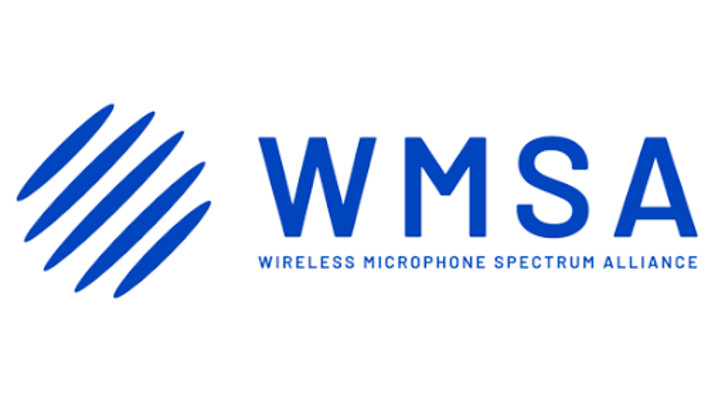Screener decision sends filmmakers scrambling
The professional video industry's #1 source for news, trends and product and tech information. Sign up below.
You are now subscribed
Your newsletter sign-up was successful
Since a federal judge ruled just over a week ago that the Hollywood screener ban is illegal, a race is on in the motion picture community to get video copies of films into the hands of every awards voter possible before another judge gets a chance to overturn the decision. However, because some of the largest studios aren’t cooperating, screener availability has become erratic.
Miramax began shipping four of its films to voters last week, “The Human Stain,” “The Station Agent,” “Dirty Pretty Things” and “The Magdalene Sisters,” hoping to get them out in time for the Hollywood Foreign Press’ Golden Globe nominations announcement Dec. 18.
Sony spent the weekend preparing screeners of “Big Fish,” the Tim Burton movie, to the over 90 Golden Globe members, while Focus Features, owned by Universal, sent out copies of its movies “Lost in Translation,” “21 Grams” and “Sylvia.”
Warner Brothers and Disney both said they will not send out screeners to people other than the Oscar voters who signed the legally binding promise to keep them secure from pirates. Other studios voiced similar plans.
The court’s decision added to the confusion surrounding the 2003 awards season. “It’s a big mess,” Cynthia Swartz, a senior executive at Miramax in charge of their Oscar campaign, told the New York Times. “The biggest mess is Bafta,” the British Academy of Film and Television Arts, she said. It is Britain’s version of the academy and has about 10,000 members.
The problem, Swartz said, is that there is no time to make PAL video cassettes compatible with the British television system. “We’re in a position where we’re considering sending NTSC videos,” which work on the American system, she said. “Hopefully, most of the Bafta members can watch them.”
Some studios said they were not sure if they would send screeners at all to the 1,000 or so academy members who had not signed the legal form. A Sony spokesman, Steve Elzer, said his company was sending out screeners case by case. He said they would send “Something’s Gotta Give,” “Mona Lisa Smile,” “Big Fish” and “The Missing,” but he said he wasn’t sure to whom.
The professional video industry's #1 source for news, trends and product and tech information. Sign up below.
The Motion Picture Association of America has vowed to appeal the judge’s decision, which accepted the argument that the ban amounted to restraint of trade by the major studios. Rich Taylor, the association spokesman, said the appeal would be filed “some time in the next couple of weeks.” That effectively means any court action will now come after the awards season.
Gregory Curtner, the lawyer for the independent studios and producers who sued the motion picture association to reverse the ban, warned that the studios might be legally liable if they did not send out screeners, since the judge considered the original ban to be a conspiracy.
